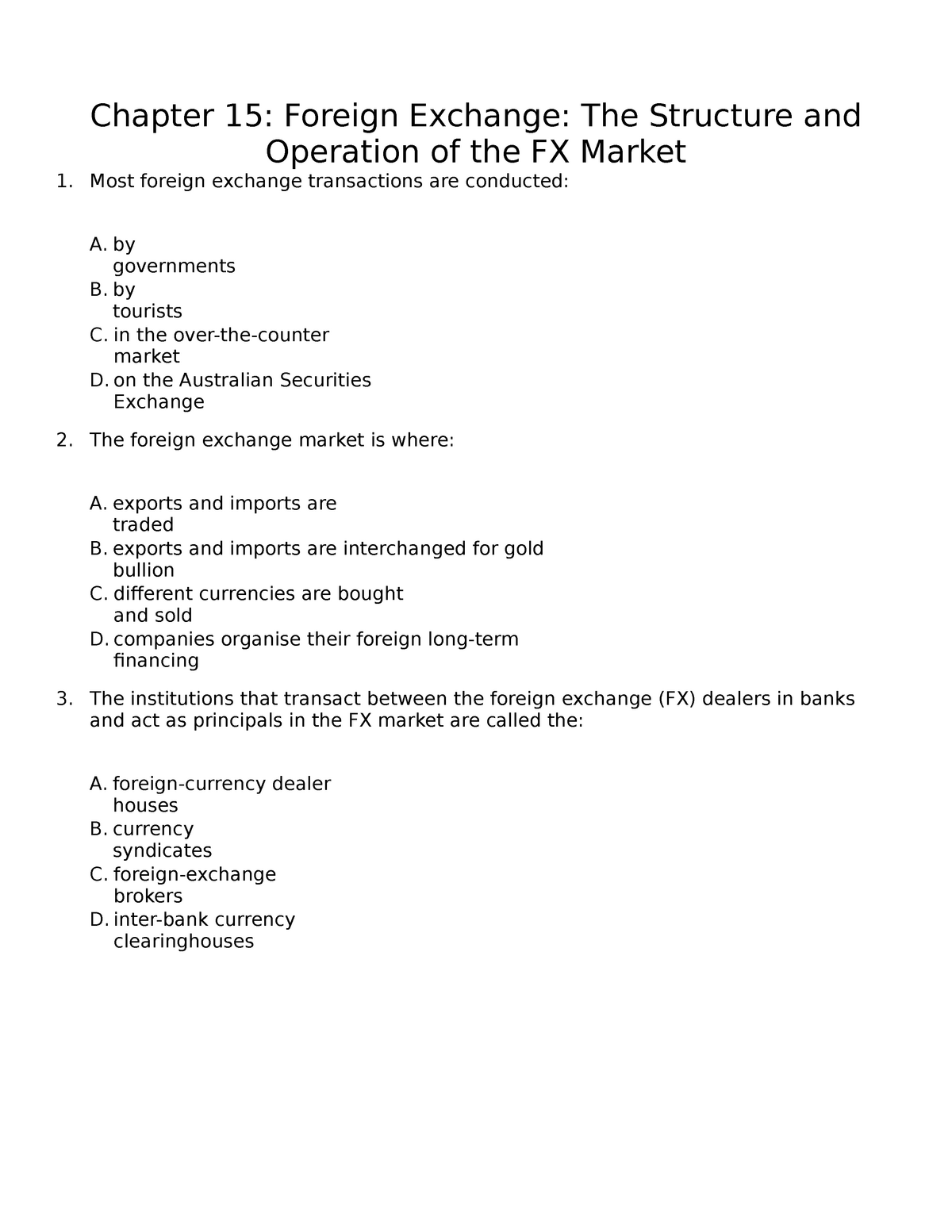
Bonds can be a good investment because they pay interest or returns for a period of time. They are not flashy and impressive, they're like slow turtles who chug along with numbers written on their backs.
Bond prices can fall, and you may lose money on them.
Bond prices may drop if interest rates are high, or if the bonds of a firm have a poor credit rating. You may also see a drop in bond prices if an issuer of bonds goes bankrupt because they lack the funds to pay you.
When interest rates go down, bond prices can rise. Bond prices can increase when interest rates fall.
The long-term impact of this is very small, but it can increase volatility and make bonds more difficult to sell.

Are bonds safe?
Bonds offer a great tool for portfolio diversification, and can also protect you from downturns in the stock market. Bonds have historically performed well during times of weak economic growth and stock market declines.
A company's bonds may have lost value. This can cause a decline in the price of its stock. That can cause stockholders to lose money on their shares, and they may need to liquidate their holdings to raise cash.
Can bonds lose value?
Certain bonds can be extremely risky. These bonds are often called junk bonds. These bonds are usually issued by companies that aren't reputable, and they can be very difficult to sell. These bonds may also lose their value if an issuer declares bankruptcy and is unable to repay you.
Are bond funds secure?
Bond funds offer a popular method of investing in bonds. The funds pool money from many investors and give each one a portion of the total fund value.
Some bond funds perform better than others depending on what bonds they own. Some bond funds have lower fees, and they invest a greater percentage of their assets into bonds.

Bond funds with lower total assets and higher fees are more risky.
Why bond funds are going down?
The Fed increased interest rates in the last year and caused the value of most financial assets to drop. If interest rates continue to rise, investors may start to look for other ways to earn income and protect their principal - such as bonds.
Are bonds safe?
There's always some risk in investing. Most people balance their portfolios with stocks and bonds. It's also a good idea when choosing investments to take into account the overall risk of your portfolio.
During bearish markets, bonds tend to decline more than stocks. Investors are concerned about the economy's future and sell stocks in order to earn extra money. Investors often move to bonds when the economy is recovering, because they are more secure.
FAQ
Why is a stock called security.
Security is an investment instrument, whose value is dependent upon another company. It can be issued by a corporation (e.g. shares), government (e.g. bonds), or another entity (e.g. preferred stocks). The issuer can promise to pay dividends or repay creditors any debts owed, and to return capital to investors in the event that the underlying assets lose value.
What Is a Stock Exchange?
Stock exchanges are where companies can sell shares of their company. Investors can buy shares of the company through this stock exchange. The price of the share is set by the market. It is usually based on how much people are willing to pay for the company.
Companies can also raise capital from investors through the stock exchange. Investors invest in companies to support their growth. They do this by buying shares in the company. Companies use their money to fund their projects and expand their business.
There can be many types of shares on a stock market. Some of these shares are called ordinary shares. These are most common types of shares. These are the most common type of shares. They can be purchased and sold on an open market. Stocks can be traded at prices that are determined according to supply and demand.
Preferred shares and bonds are two types of shares. When dividends are paid out, preferred shares have priority above other shares. If a company issues bonds, they must repay them.
What is the difference in a broker and financial advisor?
Brokers are individuals who help people and businesses to buy and sell securities and other forms. They manage all paperwork.
Financial advisors are specialists in personal finance. They can help clients plan for retirement, prepare to handle emergencies, and set financial goals.
Financial advisors can be employed by banks, financial companies, and other institutions. Or they may work independently as fee-only professionals.
Consider taking courses in marketing, accounting, or finance to begin a career as a financial advisor. Also, it is important to understand about the different types available in investment.
What are some advantages of owning stocks?
Stocks are more volatile than bonds. The value of shares that are bankrupted will plummet dramatically.
If a company grows, the share price will go up.
For capital raising, companies will often issue new shares. This allows investors to purchase additional shares in the company.
To borrow money, companies use debt financing. This allows them to access cheap credit which allows them to grow quicker.
When a company has a good product, then people tend to buy it. As demand increases, so does the price of the stock.
As long as the company continues to produce products that people want, then the stock price should continue to increase.
How are share prices set?
Investors decide the share price. They are looking to return their investment. They want to make money from the company. They purchase shares at a specific price. Investors make more profit if the share price rises. Investors lose money if the share price drops.
The main aim of an investor is to make as much money as possible. This is why they invest into companies. It allows them to make a lot.
Is stock marketable security?
Stock is an investment vehicle where you can buy shares of companies to make money. This can be done through a brokerage firm that helps you buy stocks and bonds.
You can also invest in mutual funds or individual stocks. There are more than 50 000 mutual fund options.
The difference between these two options is how you make your money. Direct investment allows you to earn income through dividends from the company. Stock trading is where you trade stocks or bonds to make profits.
Both of these cases are a purchase of ownership in a business. But, you can become a shareholder by purchasing a portion of a company. This allows you to receive dividends according to how much the company makes.
Stock trading is a way to make money. You can either short-sell (borrow) stock shares and hope the price drops below what you paid, or you could hold the shares and hope the value rises.
There are three types stock trades: put, call and exchange-traded funds. You can buy or sell stock at a specific price and within a certain time frame with call and put options. ETFs are similar to mutual funds, except that they track a group of stocks and not individual securities.
Stock trading is very popular as it allows investors to take part in the company's growth without being involved with day-to-day operations.
Although stock trading requires a lot of study and planning, it can provide great returns for those who do it well. To pursue this career, you will need to be familiar with the basics in finance, accounting, economics, and other financial concepts.
Statistics
- For instance, an individual or entity that owns 100,000 shares of a company with one million outstanding shares would have a 10% ownership stake. (investopedia.com)
- "If all of your money's in one stock, you could potentially lose 50% of it overnight," Moore says. (nerdwallet.com)
- The S&P 500 has grown about 10.5% per year since its establishment in the 1920s. (investopedia.com)
- Our focus on Main Street investors reflects the fact that American households own $38 trillion worth of equities, more than 59 percent of the U.S. equity market either directly or indirectly through mutual funds, retirement accounts, and other investments. (sec.gov)
External Links
How To
How to make a trading program
A trading plan helps you manage your money effectively. It helps you identify your financial goals and how much you have.
Before creating a trading plan, it is important to consider your goals. It may be to earn more, save money, or reduce your spending. If you're saving money you might choose to invest in bonds and shares. If you're earning interest, you could put some into a savings account or buy a house. Maybe you'd rather spend less and go on holiday, or buy something nice.
Once you know what you want to do with your money, you'll need to work out how much you have to start with. It depends on where you live, and whether or not you have debts. It's also important to think about how much you make every week or month. Income is the sum of all your earnings after taxes.
Next, you'll need to save enough money to cover your expenses. These include rent, bills, food, travel expenses, and everything else that you might need to pay. Your total monthly expenses will include all of these.
You will need to calculate how much money you have left at the end each month. This is your net discretionary income.
You're now able to determine how to spend your money the most efficiently.
To get started with a basic trading strategy, you can download one from the Internet. You could also ask someone who is familiar with investing to guide you in building one.
Here's an example: This simple spreadsheet can be opened in Microsoft Excel.
This is a summary of all your income so far. This includes your current bank balance, as well an investment portfolio.
Another example. This was created by an accountant.
It shows you how to calculate the amount of risk you can afford to take.
Do not try to predict the future. Instead, think about how you can make your money work for you today.